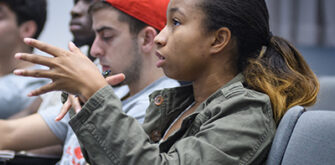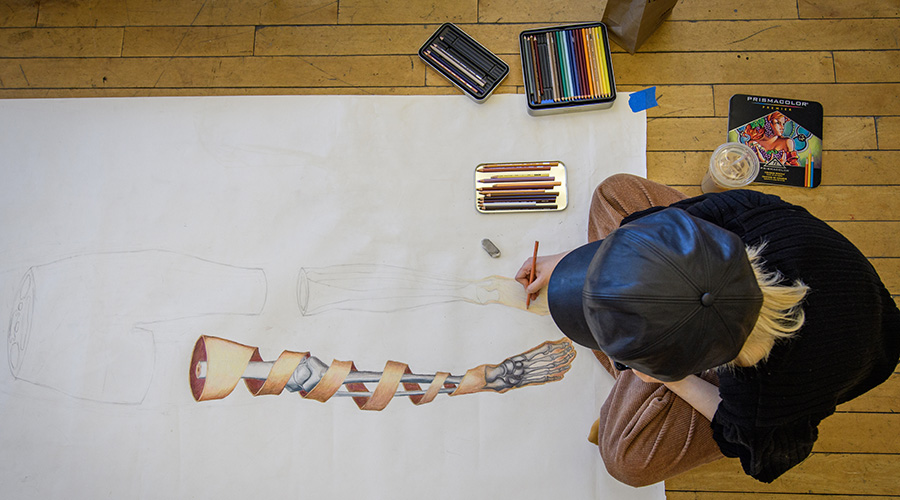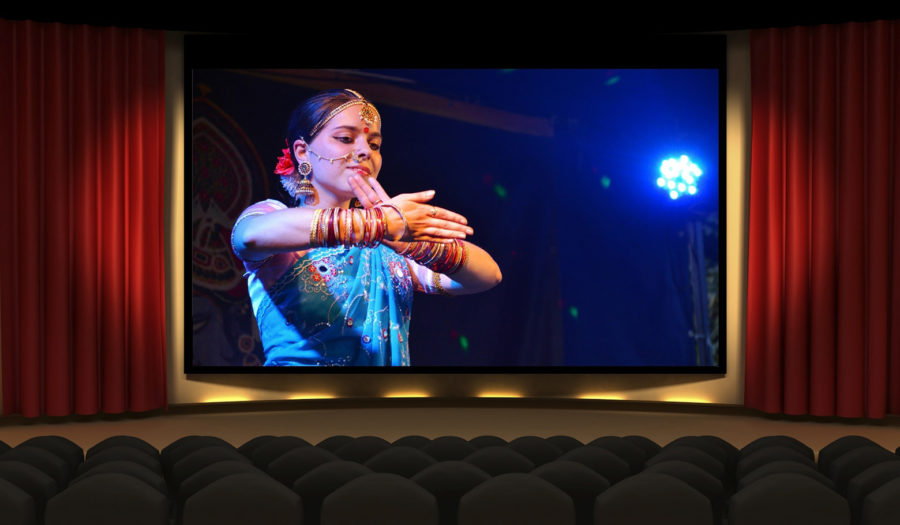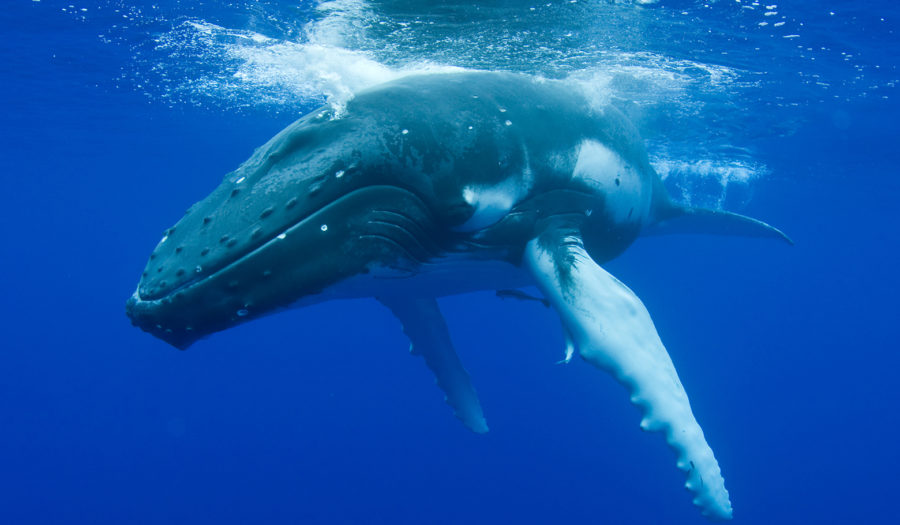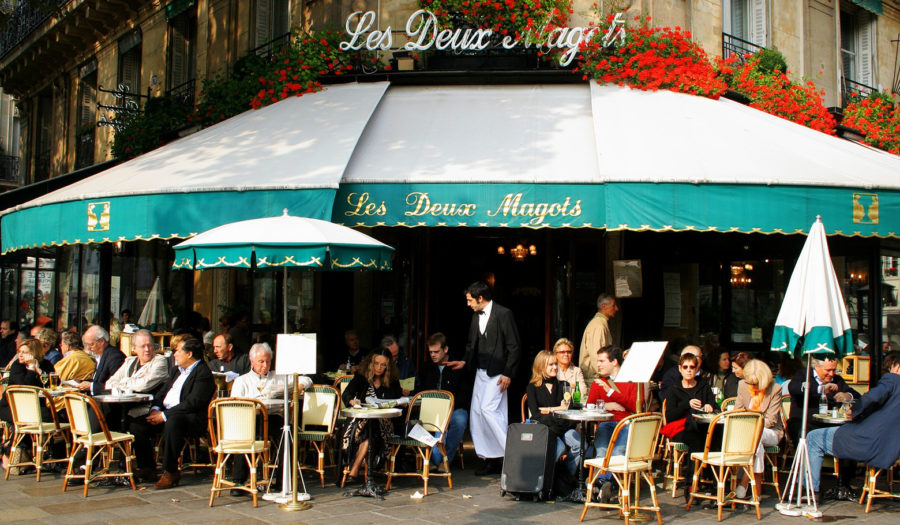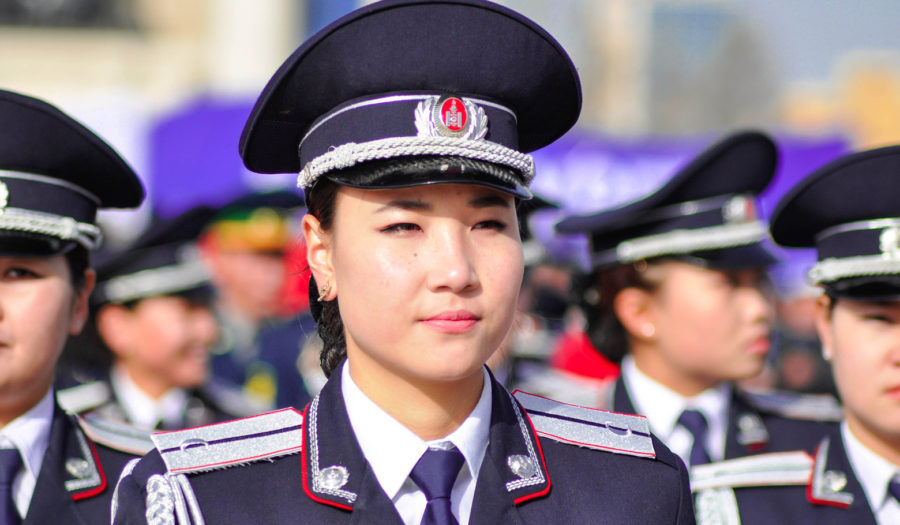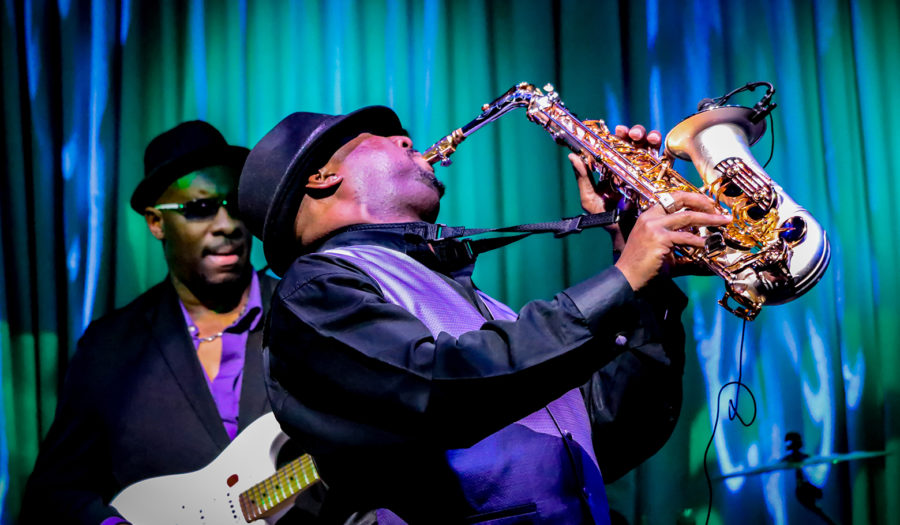
Take note of jazz, from the beginning
Some people say that jazz is America’s only original art form. How did jazz develop from Scott Joplin’s ragtime to the free-form repertoire of Charles Mingus? In Jazz History, you’ll study the evolution of jazz from its beginnings among African-Americans in 19th-century New Orleans to the jazz-rock fusion we hear today. You’ll come to understand, if not appreciate, the roots and progression of a wide range of jazz styles like Dixieland, swing, bop, progressive, cool, free-form, and third-stream. (Aesthetic Perspective)

